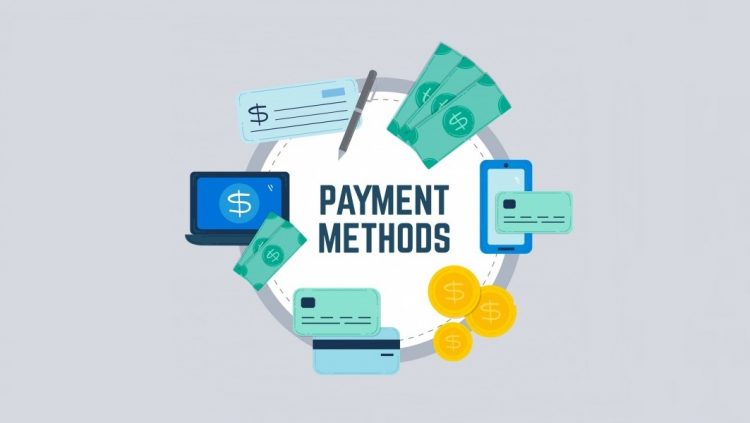Landscape of Business Transactions: Exploring Modes of Payment


The mode of transaction in business has evolved significantly over the years. From traditional cash transactions to digital payments, businesses have embraced various methods to facilitate smooth and efficient financial transactions. We will explore the different modes of transaction in business and their benefits.
Cash transactions have been the most traditional and widely used method of payment for centuries. Businesses, especially small ones, have relied heavily on cash transactions due to their simplicity and immediacy. Cash payments are beneficial as they do not involve any intermediaries, thus reducing transaction costs. As well, cash transactions enable instant payment, making them suitable for small businesses with limited resources.
As technology advanced, the rise of checks as a mode of transaction became prominent. Businesses found checks to be a safer alternative to cash, especially for larger transactions. Checks can be used to transfer funds between bank accounts, ensuring timely and secure payment. However, the processing of checks can be time-consuming, with clearance periods ranging from a few days to a week.
In recent years, digital payment methods such as credit and debit cards have gained popularity. Businesses, especially retail and e-commerce, now widely accept card payments. Digital payments have several advantages over traditional modes of transaction. Firstly, they significantly reduce the risk of theft or loss as the funds are stored electronically in bank accounts. Secondly, digital payment methods provide convenience and flexibility to both businesses and customers, as transactions can be completed quickly and easily. Also, digital payments facilitate better record-keeping and allow for seamless integration with accounting systems, making financial management more efficient.
In addition to cards, online payment platforms have revolutionized the way businesses transact. Services like PayPal, and Stripe provide secure and convenient ways to transfer funds electronically. These platforms enable businesses to receive payments from customers worldwide, breaking down geographical barriers and expanding customer reach. Moreover, online payment platforms offer features such as invoicing, recurring billing, and transaction tracking, making them particularly useful for businesses operating in the digital realm.
Another emerging mode of transaction in business is cryptocurrency. Cryptocurrencies like Bitcoin have gained attention due to their decentralized nature and security features. Businesses that embrace cryptocurrency can benefit from faster settlements, lower transaction fees, and the ability to carry out cross-border transactions without the need for currency conversions. Although still in its early stages, cryptocurrency holds great potential for revolutionizing the way businesses transact in the future.
The mode of transaction in business has undoubtedly evolved significantly, driven by technological advancements. While each method has its advantages and limitations, the choice of the mode of transaction largely depends on the nature of the business, target audience, and transaction volume.
